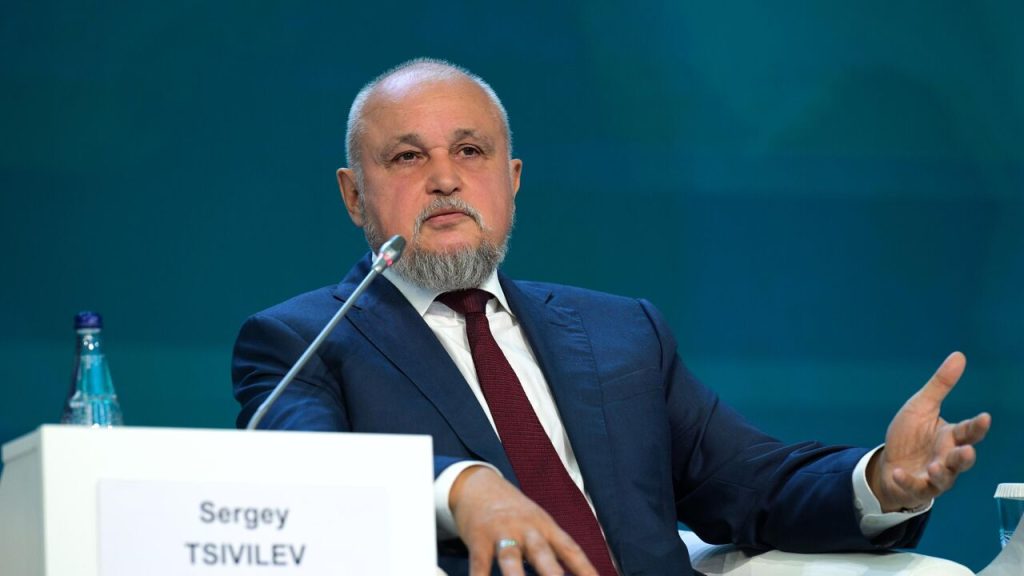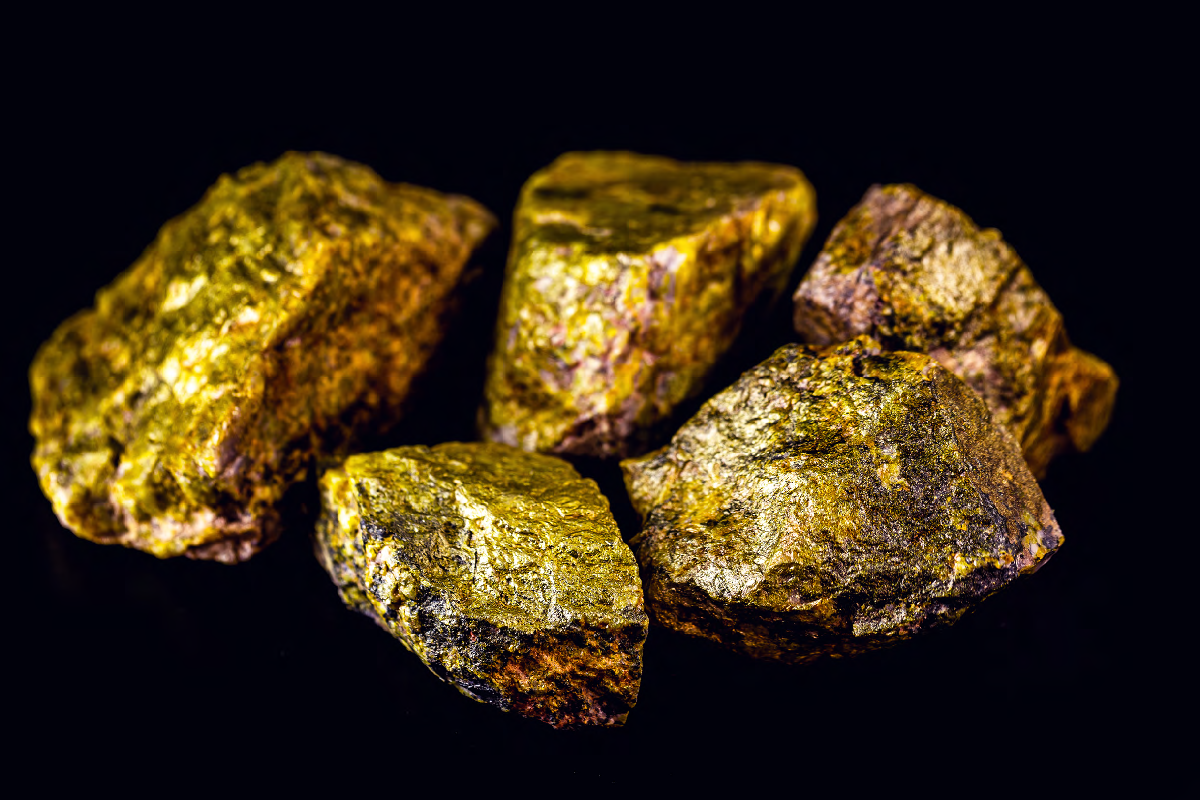Russia has expressed its intent to mine uranium in Niger, a key source of the radioactive metal now led by a military junta with close ties to the Kremlin.
Russian Energy Minister Sergei Tsivilev confirmed this ambition on Monday during an official visit to the Nigerien capital, Niamey.
Since seizing power in a 2023 coup, Niger’s military junta has increasingly turned to Russia for assistance in combating its terrorism insurgency.
The junta has also asserted greater control over the nation’s natural resources, arguing that Niger, as the world’s seventh-largest uranium producer, should benefit more from its wealth. This stance has led to significant tension with former colonial ruler France, whose nuclear power plants have historically relied on Nigerien uranium.
During his visit, Tsivilev met with Niger’s junta chief, General Abdourahamane Tiani, to discuss expanding economic cooperation.

“Our main goal is to mine uranium,” Tsivilev stated after the meeting. An official Russian statement quoted the energy minister as saying, “Our task is not only to participate in uranium mining but to create an entire system for the development of civil nuclear power in Niger.”
As part of this deepening collaboration, Russia’s atomic agency, Rosatom, and Niger’s energy ministry signed a memorandum of understanding on civilian uses for nuclear power.
Tsivilev noted potential areas of cooperation, including the construction of atomic power plants, advancements in nuclear medicine, and the training of Nigerien specialists.
Niger, alongside fellow junta-led nations Burkina Faso and Mali, has been shifting its alliances away from France and Western partners towards closer cooperation with Russia. This policy has put Niger in a standoff with the French state-owned nuclear group, Orano, which holds a 90% stake in its operations in Niger.
In 2024, Niger removed Orano’s operational control over its three primary mines—Somair, Cominak, and Imouraren, home to one of the world’s largest uranium deposits—prompting Orano to seek arbitration to regain control.
In June, the junta announced its intention to nationalise the Somair mine, a move Orano criticised as “asset stripping.”
As of Monday’s meeting, there was no indication that any of Orano’s Nigerien mines would be transferred to Russia.
When contacted by AFP, Orano declined to comment on the prospect of Moscow mining uranium in Niger.
Uranium was first discovered in Niger in 1957 during French rule, with mining commencing in 1971. In 2023, Niger produced 3,527 tonnes of uranium, accounting for 6.3% of global production, according to mining industry publication GlobalData.


 Trending
Trending 